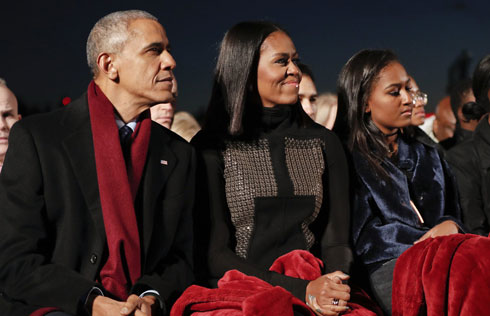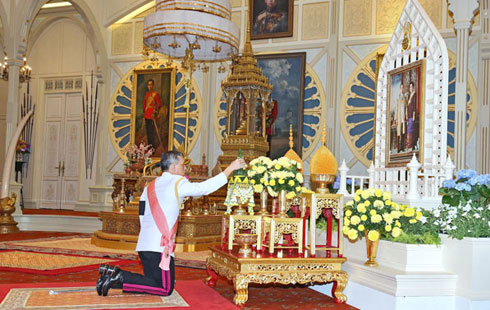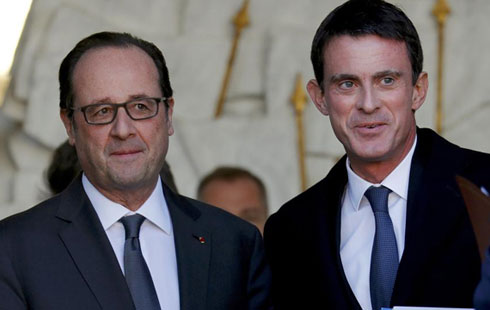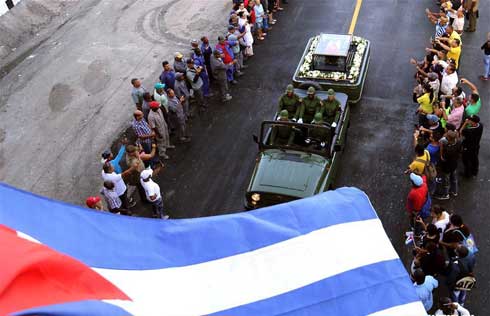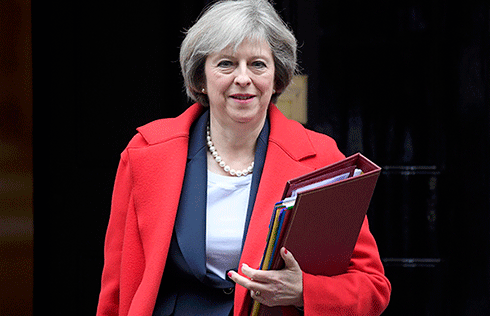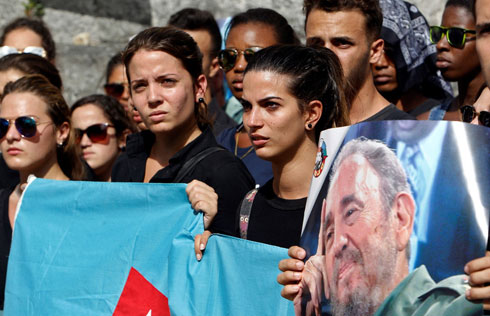Abe-Obama talks may stall
A meeting between Japanese Prime Minister Shinzo Abe and US President Barack Obama in Washington on Friday may not live up to Tokyo's high expectations due to differing policy agendas, observers said.
Washington's top priority is economic revival, so Tokyo's high-profile emphasis on its territorial row with China and its hesitation to join a US-led free-trade pact may upset Washington, analysts said.
Abe left Tokyo on Thursday for his first visit to Washington following the landslide election victory of his Liberal Democratic Party in December. "Mending the US-Japan alliance" is reportedly the top aim of his visit.
The hawkish leader on Thursday highlighted the traditional US-Japan alliance and a looming crisis on the Korean Peninsula as key items on his agenda for talks with Obama, when reconciling with Natsuo Yamaguchi, chief of New Komeito ― the junior ruling coalition party.
Yet Abe may disappoint Obama, as Abe is unlikely to announce Japanese plans to join talks on the Trans-Pacific Partnership, a free-trade pact led by Washington, Japan's Kyodo News Agency said on Thursday.
Tao Wenzhao, a senior researcher on US studies at the Chinese Academy of Social Sciences, said developing foreign economic and trade ties has been the White House's top task to boost the economy in Obama's second term, with Washington starting talks on a free-trade agreement with the European Union this month.
Powerful Japanese farm lobby groups are opposed to joining the TPP for fear of tariffs being removed, and Kyodo quoted Abe earlier as saying that Japan will not proceed in TPP talks as long as the partnership requires a country to remove all tariffs.
US Trade Representative Ron Kirk told Reuters on Wednesday that Tokyo must be willing to negotiate all trade sectors, but did not rule out the possibility of special treatment in the final deal.
Meanwhile, in an interview with The Washington Post before the trip, Abe said a tighter alliance with Washington will send a message to Beijing amid the lingering standoff over China's Diaoyu Islands in the East China Sea.
Sino-Japanese ties were strained after Tokyo's illegal "purchase" of parts of the islands in September, sparking protests from the Chinese government and public, and damaging trade ties.
Zhou Yongsheng, a professor of Japanese studies at China Foreign Affairs University, said Abe is targeting the islands row on his trip, trying to test the bottom line for Washington's possible support for Tokyo.
Washington has refused to take a position on the territorial row, but has said the islands fall within the scope of a 1960 US-Japan mutual security treaty.
The US side, including new Secretary of State John Kerry, has shown prudence on the islands issue recently in the hope of preventing tensions from spiraling out of control, according to Tao.
"Given the current complexity and subtleties of the situation, it remains to be seen how much Abe's trip may harvest in the policy dimension," Tao said.
Yang Bojiang, a researcher on Japanese studies at the Chinese Academy of Social Sciences, said Japan has "brought in too many non-economic factors" when considering its ties with the US, and Tokyo should map out its cooperation mechanisms in the Asia-Pacific region with realistic considerations.
Japan should "simultaneously push forward" various trade partnerships, Yang suggested.
Reuters contributed to this story.




